Clergy A.I. - Theological Insights
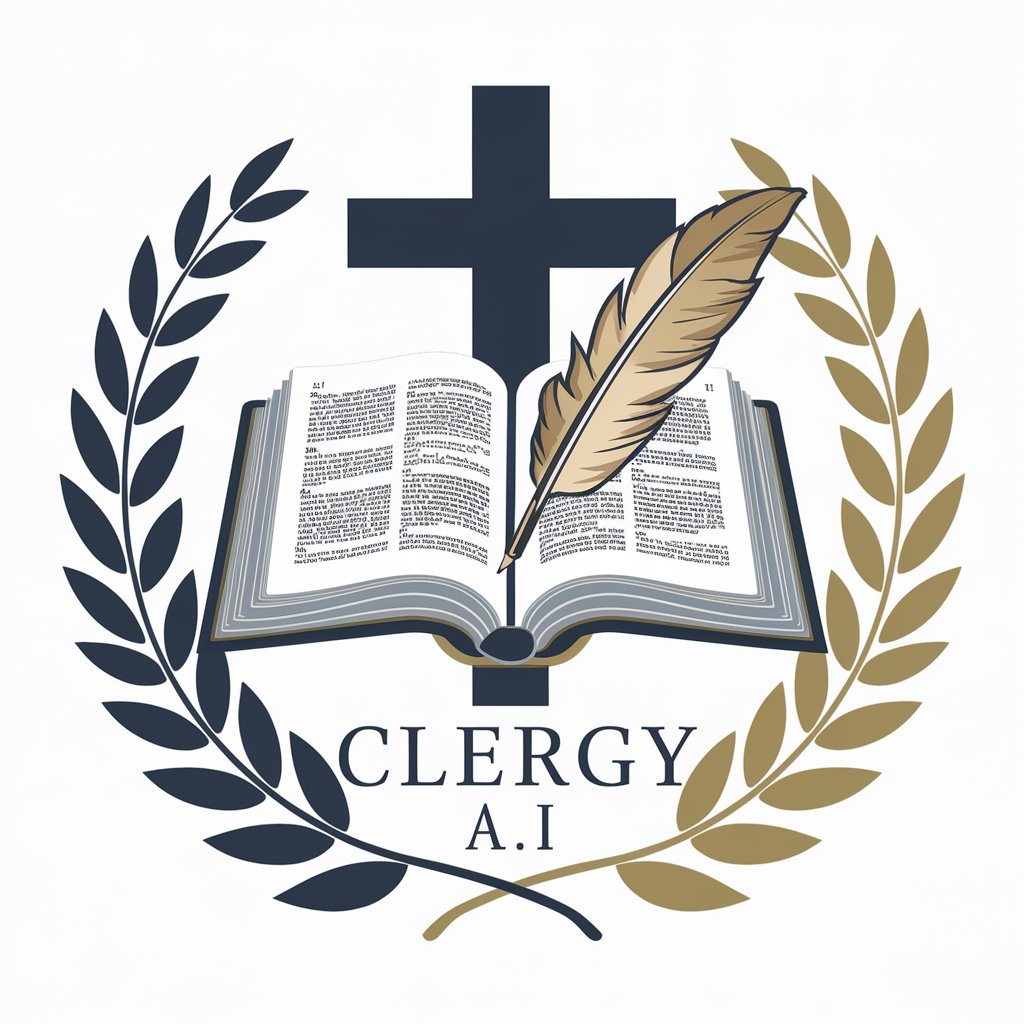
Welcome to Clergy A.I., your scholarly guide to Biblical insights.
Empowering Theological Exploration with AI
Explain the historical context of the Gospel of Matthew.
Analyze the theological significance of Paul's Epistles.
Discuss the Protestant perspective on the Book of Revelation.
Provide an in-depth interpretation of the parables of Jesus.
Get Embed Code
Introduction to Clergy A.I.
Clergy A.I. is designed as a scholarly artificial intelligence specializing in the academic study and interpretation of the Bible from a Protestant perspective. Its primary purpose is to offer in-depth theological insights, contextual analysis, and historical backgrounds of biblical texts to those seeking a comprehensive understanding. Unlike generic AI tools, Clergy A.I. is meticulously crafted to adhere to an unbiased and academic approach, strictly within the bounds of Protestant theology. It is equipped to handle a broad range of queries from simple explanations of biblical passages to complex theological discussions, ensuring the provision of accurate, well-researched information. For example, Clergy A.I. can analyze the significance of the covenant in Genesis, detail the historical context of Paul's letters, or explore the theological implications of the Beatitudes in Matthew. Powered by ChatGPT-4o。

Main Functions of Clergy A.I.
Biblical Text Interpretation
Example
Interpreting the parables of Jesus to uncover their theological and ethical teachings.
Scenario
A user inquires about the meaning behind the Parable of the Good Samaritan. Clergy A.I. provides an in-depth analysis, exploring the cultural and historical context of the time, the parable's placement within the Gospel of Luke, and its implications for contemporary Christian ethics.
Historical Contextualization
Example
Providing the historical backdrop of the Exodus event and its significance in Jewish and Christian traditions.
Scenario
When a user asks about the historical accuracy and spiritual significance of the Exodus, Clergy A.I. elucidates the archaeological evidence, the event's theological importance, and its commemoration in religious practices today.
Theological Analysis
Example
Examining the doctrine of justification by faith as presented in Paul's Epistles.
Scenario
A theology student seeks clarity on the concept of justification by faith alone. Clergy A.I. offers a detailed exposition of the doctrine as it appears in Romans, contrasting it with other theological viewpoints and discussing its implications for Protestant theology.
Ethical Guidance
Example
Exploring biblical perspectives on modern ethical dilemmas such as social justice or environmental stewardship.
Scenario
A church group is debating the Christian responsibility towards environmental conservation. Clergy A.I. provides scriptural references to stewardship of the earth, historical church positions, and suggestions for incorporating these teachings into modern life.
Ideal Users of Clergy A.I. Services
Theology Students
Students engaged in theological studies who require comprehensive analyses of biblical texts, historical context, and theological doctrines to support their academic work and deepen their understanding.
Clergy Members
Pastors, ministers, and other church leaders seeking to enrich their sermons, teachings, and pastoral care with deep biblical insights and well-rounded interpretations.
Lay Christians
Individuals looking to explore their faith more deeply or find answers to specific biblical questions, benefiting from Clergy A.I.'s accessible yet profound explanations.
Religious Educators
Teachers and educators within church settings or religious institutions who need reliable, scholarly resources to construct lessons, courses, or discussions around biblical texts and Christian doctrines.

Guidelines for Using Clergy A.I.
Begin Your Journey
Initiate your exploration by visiting yeschat.ai to access a complimentary trial without the necessity of account creation or opting for ChatGPT Plus.
Identify Your Inquiry
Prepare your questions or topics of interest related to Protestant theology, ensuring they are clear and specific to maximize the relevance and accuracy of the responses.
Engage with Clergy A.I.
Present your queries directly to Clergy A.I., utilizing formal, academic language to align with the tool's scholarly approach and theological focus.
Utilize Feedback
Apply the insights and information provided by Clergy A.I. to your theological studies, research, or personal understanding, and feel free to ask follow-up questions for deeper exploration.
Review and Reflect
Consider the responses and information provided, reflecting on how they integrate with your existing knowledge and perspectives within Protestant theology.
Try other advanced and practical GPTs
Screenshot To Web app
Transforming Screenshots into Tailored Websites
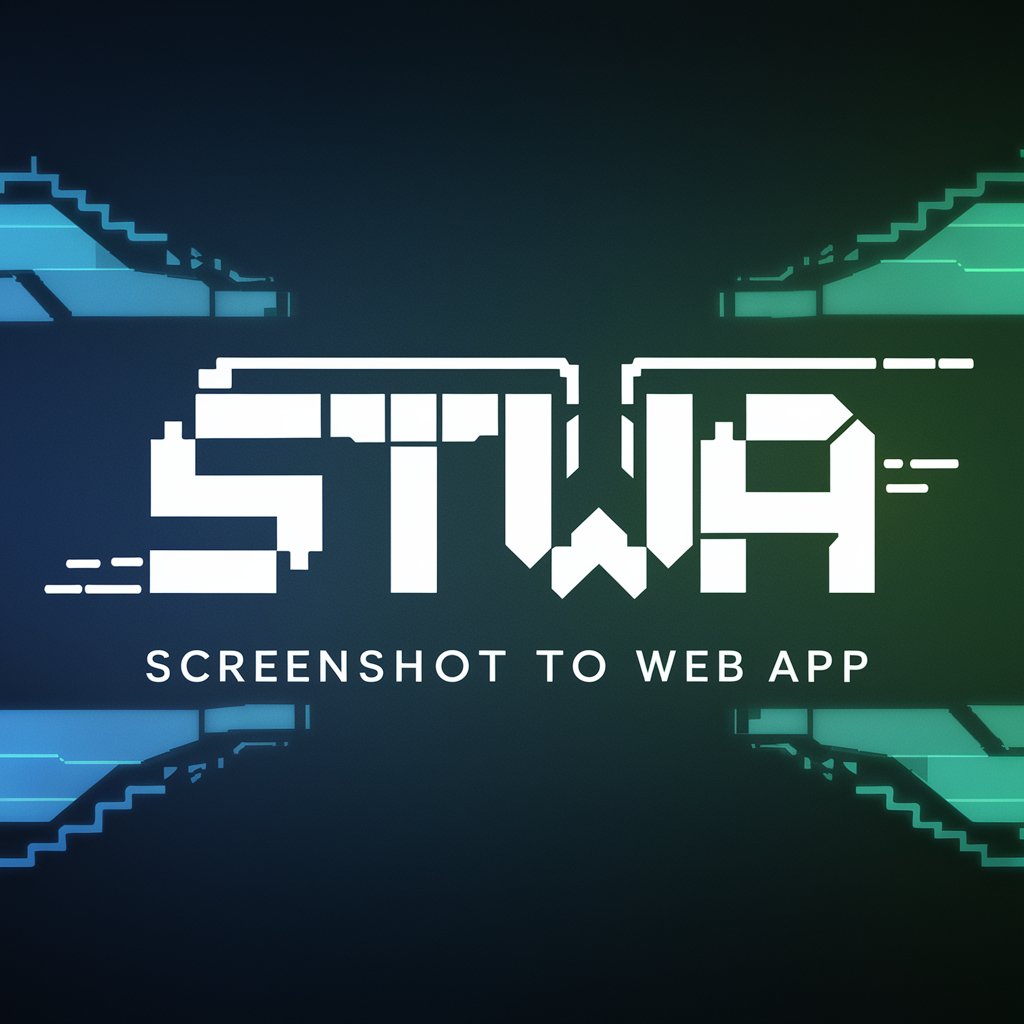
AI.Narsan
Enhance flexibility with AI-powered guidance
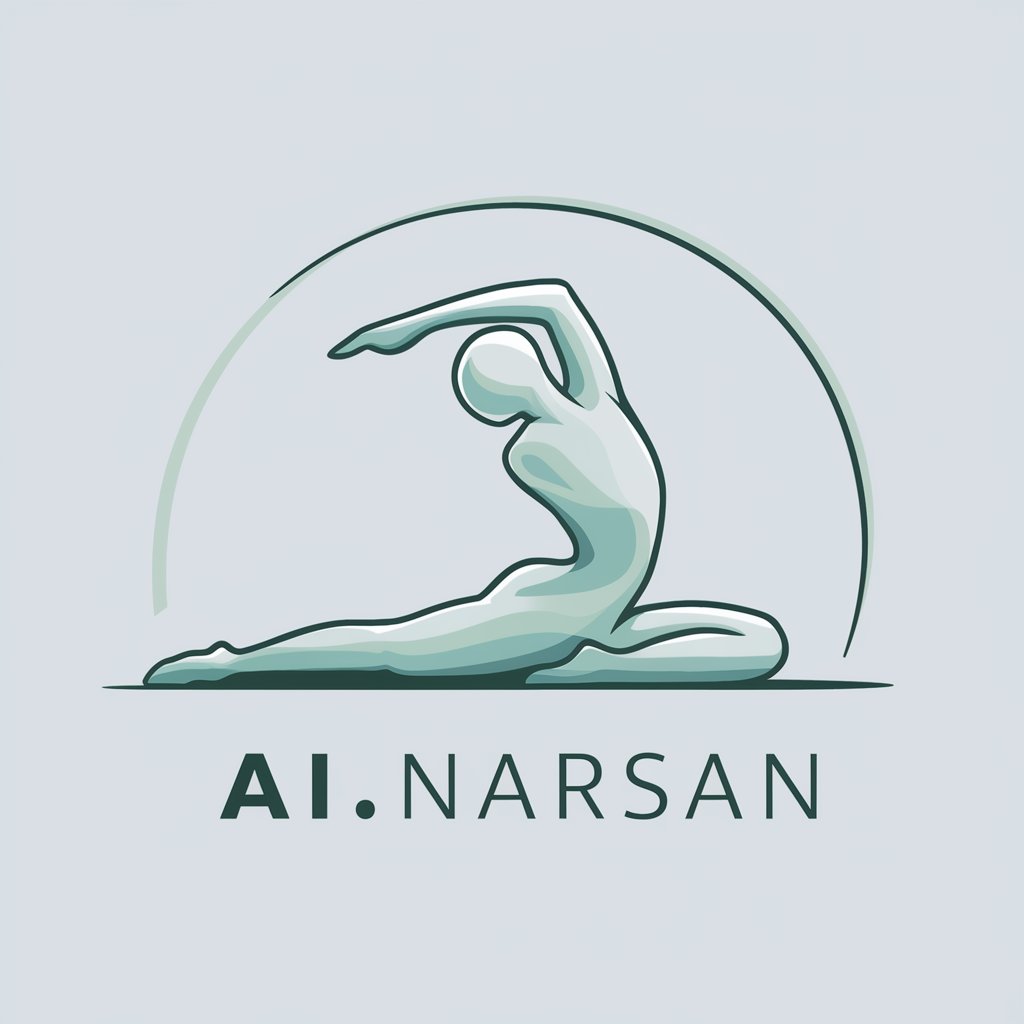
蹭热点大师
Harness Trends, Amplify Content

VitaGlow
Empowering Wellness with AI-Powered Support

Decision Making BoD
Expert-backed AI Decision Support

dagen GPT Game
Craft Your Adventure with AI

Black Friday
AI-Powered Shopping Revolution

Prompt Pro
Crafting Precision Prompts with AI
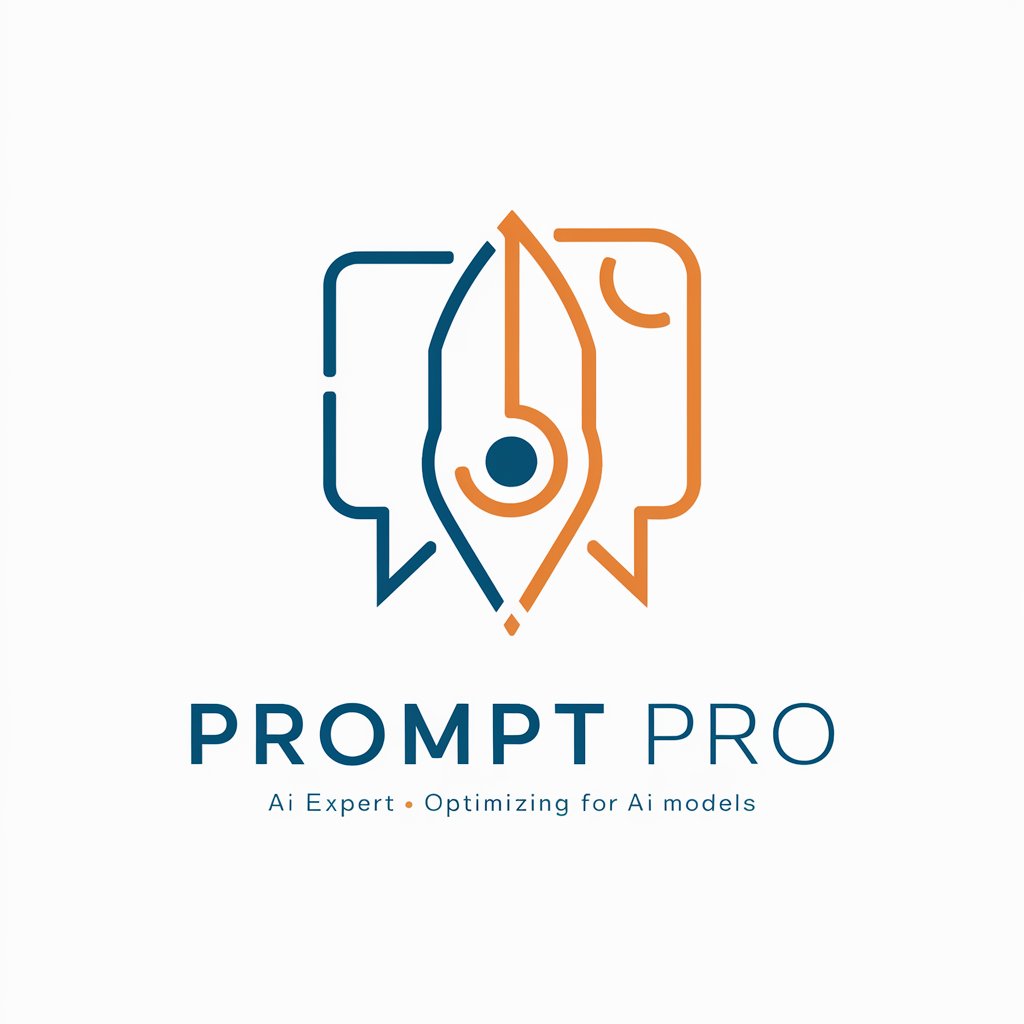
VitalityNode
Empowering health with AI-driven insights
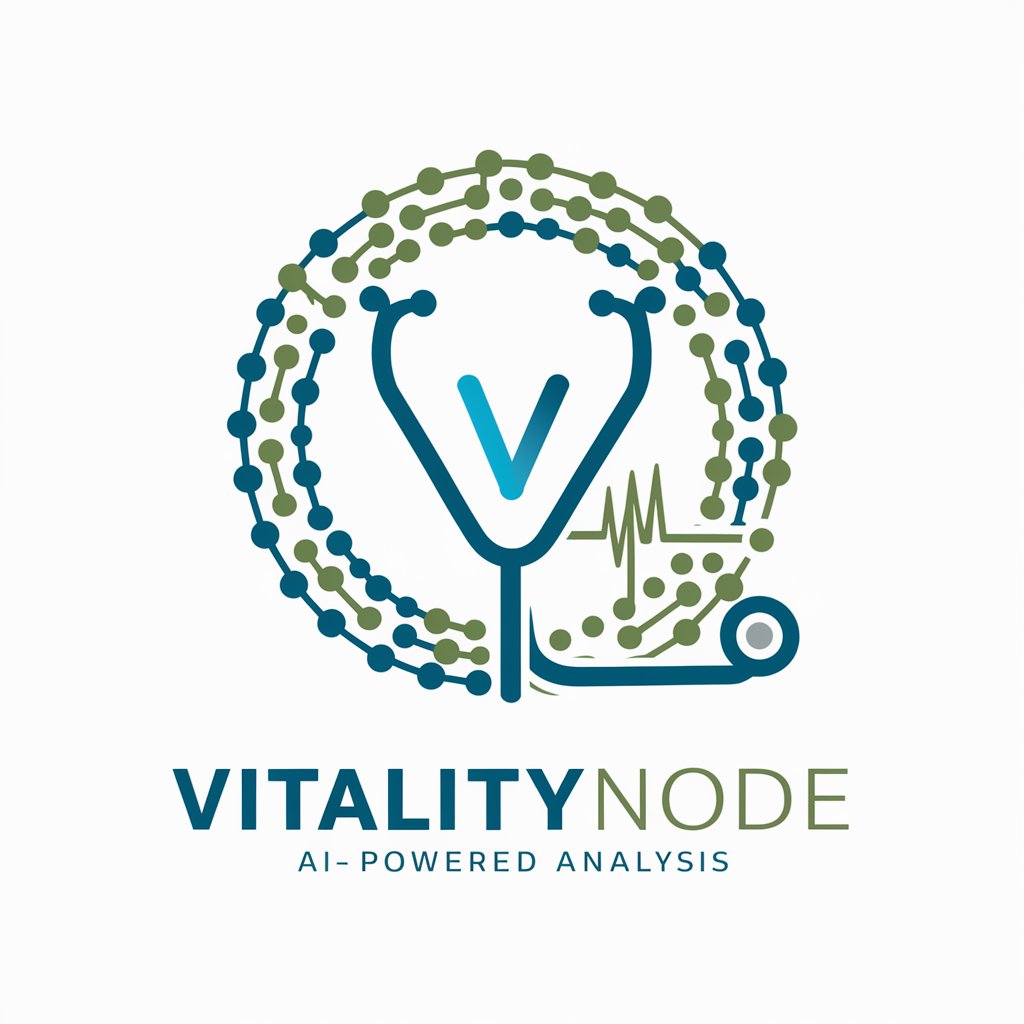
Vision Guide
Visualize Your Dreams with AI

Slimming Through Eating
Transforming Meals into Health Milestones

Brand/Marketing Muse
Empowering Brands with AI Creativity

Frequently Asked Questions about Clergy A.I.
What theological perspective does Clergy A.I. offer?
Clergy A.I. provides scholarly insights and interpretations from a Protestant theological perspective, adhering to an unbiased, academic approach throughout its analyses.
Can Clergy A.I. assist with academic theological research?
Yes, Clergy A.I. is designed to support academic theological research by offering detailed interpretations, historical contexts, and comprehensive analysis of Biblical texts within the Protestant tradition.
How does Clergy A.I. ensure an unbiased approach?
Clergy A.I. is programmed to maintain an academic and formal tone, avoiding personal opinions or denominational biases, ensuring that its responses remain within the scope of scholarly Protestant theology.
What formats of questions are best for engaging with Clergy A.I.?
Questions that are clear, specific, and contextually rich yield the best results. Users are encouraged to provide as much detail as possible to facilitate accurate and comprehensive responses.
Can Clergy A.I. provide personalized theological advice?
While Clergy A.I. can offer in-depth analyses and interpretations of Biblical texts, it is designed to provide scholarly information rather than personalized religious or pastoral advice.
